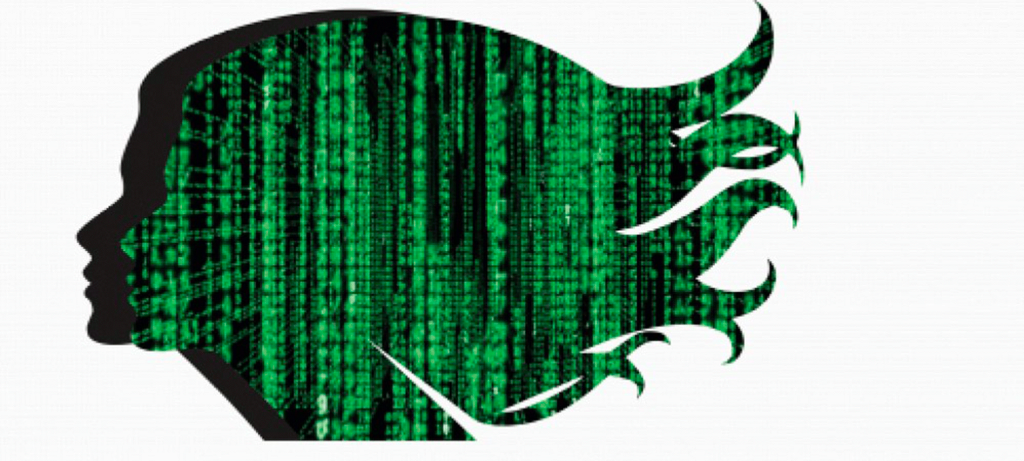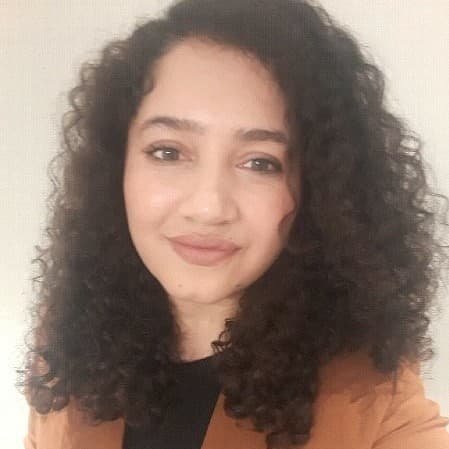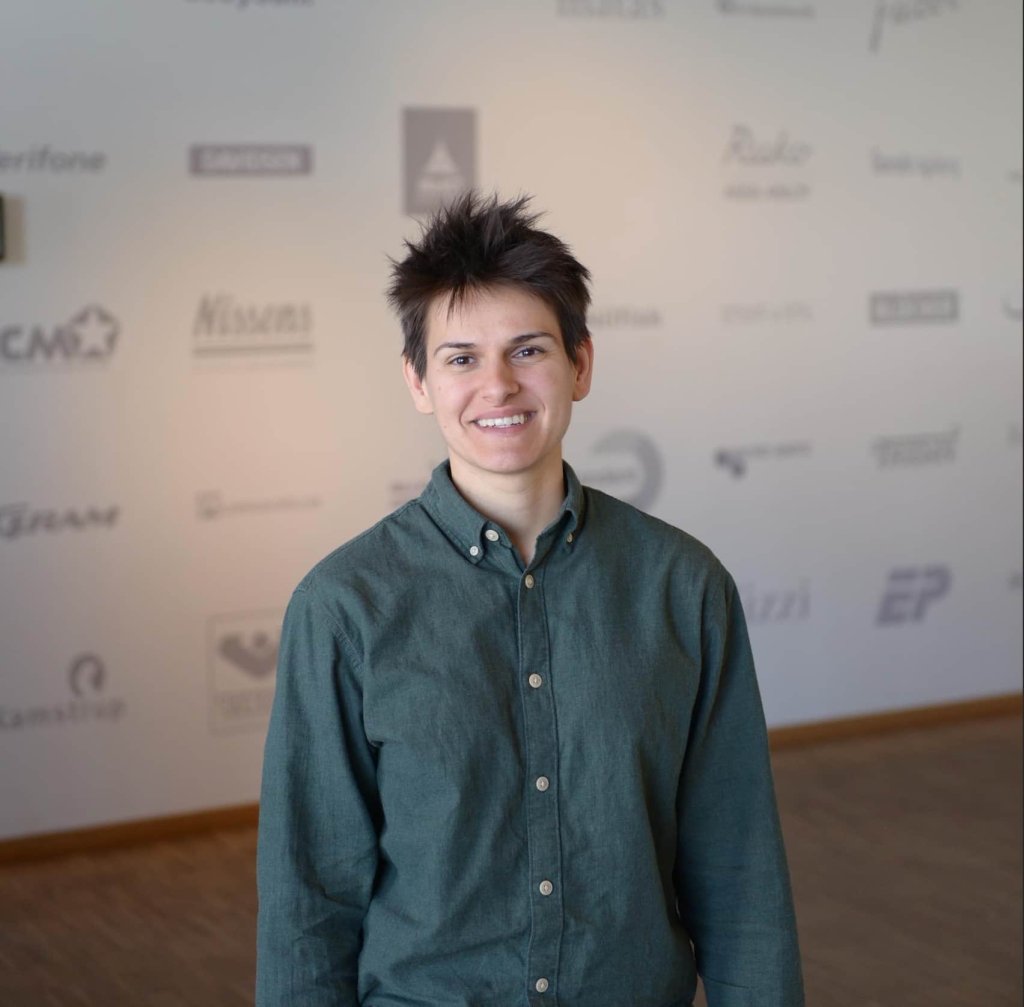There are as many women as men who use digital solutions, but most of these solutions are developed by men. Women in Data Science, which started at Stanford University and has now been to KEA, wants to change bias with balance – it provides better solutions. For everyone.
Women are of great importance to data

Although men and women are equally good at e.g., coding we have different needs and focus on different things. We are not the same and that is good, because when both men and women work on a task, far more ideas and perspectives are brought forward – the solutions simply get better.
The problem is that most of the digital world is developed, operated and led by men. And it affects data, algorithms, and the tech world as such.
Creating diversity in data teams isn't just favourable, it's crucial
When developing new technologies and solutions – not least in relation to societal challenges such as green transition – we know that the more diverse teams you have, the better solutions you get. But this also applies to the user experience for half of the world's population as well as the environment in the workplaces.
"Creating diversity in data teams isn't just favourable, it's crucial," says Muniba Talha, who teaches digital transformation, strategy and data science at KEA and who brought Women in Data Science to KEA: On 26 April, 12 inspiring presentations were given by women who all work with data science and AI. The presentations touched upon everything from career opportunities to bias in AI and data science in marketing.

From Stanford to KEA
The conference was part of the global Women in Data Network, which originates from Stanford University.
"I got to know WiDS in 2020 and later got in touch with the WiDS Leadership team and participated in various ambassador meetings, which greatly inspired me to take the vision further and bring WiDS to Denmark," says Muniba Talha and elaborated:
"To build more inclusive and diverse data-driven societies, we need to equip women with data and digital skills. This will not only solve the problem of bias due to the underrepresentation of women in data science, but will also ensure that women and girls have the necessary skills needed to navigate through the changing career landscape."
Initiatives such as the WiDS Conference and the WiDS Education Outreach program help bridge the diversity gap by supporting and educating women in Data Science.

Not having women on the developement team is absurd
KEA graduate Krisztina Vajda Rygård, Lead frontend developer at Hesehus, points to the importance of diversity in the employee group:
"If you're working on a product that's primarily used by women, it's completely absurd if there aren't any women on the development team. For example, we have Matas as a customer, and women can make the result more user-friendly – not just for men," says Krisztina Vajda Rygård adding that women can also have a different style when coding:
"For example, I'm often the one who cleans up the code. And it's important when you have a solution that's going to run for several years that there's not a lot of messy code. But it also means something in terms of atmosphere, - other and more things are discussed if there are both men and women present."
Diversity also affects the bottom line. When women and multiple ethnicities are part of the company, profits increase by 36 percent. Diversity isn't just big business, it's great business.
WiDS Copenhagen welcomed everyone across genders and was an opportunity to hear about the latest technological trends and data science-related research and applications from exceptional women working in a broad domain of Data Science and AI in both business and academia.
About women in data science
WiDS started as a one-day conference at Stanford in November 2015. Six years later, WiDS is a global movement that includes a number of initiatives:
- A global conference with more than 150 regional events worldwide in more than 60 countries, reaching 100,000 attendees annually online and in person.
- A global data-thon that encourages participants to hone their skills using a social impact challenge.
- A podcast series, featuring data science leaders from around the world, talking about their work, their travels, and experiences along the way. A degree program to encourage high school students to consider careers in data science, artificial intelligence (AI), and related fields.
- A workshop series with role model instructors offering skill-building sessions on a variety of data science topics
About the Author


